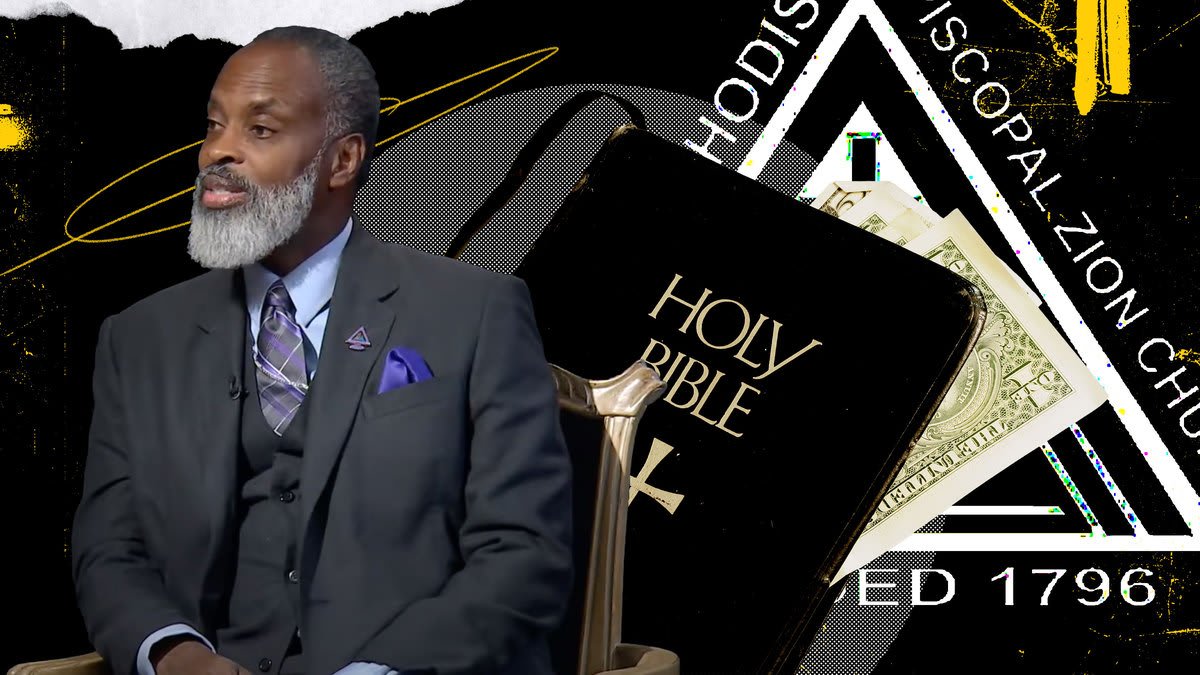
The congregants of University AME Zion Church have owned their building in Palo Alto, California, for nearly 50 years. As far as the congregation was aware, the church—a low, white building where more than 100 people from around the city gather each Sunday—had not had a mortgage, taken out a loan, or so much as missed a utility bill since the early 1970s.
So when Pastor Kaloma Smith received a default notice in June 2020 alerting him that his church was $235,730 past due on mortgage payments and facing imminent foreclosure, he was stunned.
According to a recent filing by the church in California Eastern Bankruptcy Court, Smith quickly sought counsel from Bishop Staccato Powell—then one of the highest-ranking members of the national AME Zion Church, and the leader of the Episcopal district in which University AME Zion resides.
“We received notice of foreclosure in the mail today,” Smith texted Powell, attaching a photo of the notice. “Is this real.”
“It is being resolved,” the bishop responded cryptically. “On a call.”
“What do I do,” Smith asked, still shellshocked.
“Put the letter in the [drawer],” the bishop responded, “and remember what I told you.”
AME Zion is one of the oldest and largest Black religious institutions in the country. Founded in the early 19th century by African Americans fleeing discrimination in white Methodist churches, it has since grown to more than 1.4 million members around the world. Its ranks have included Harriet…







